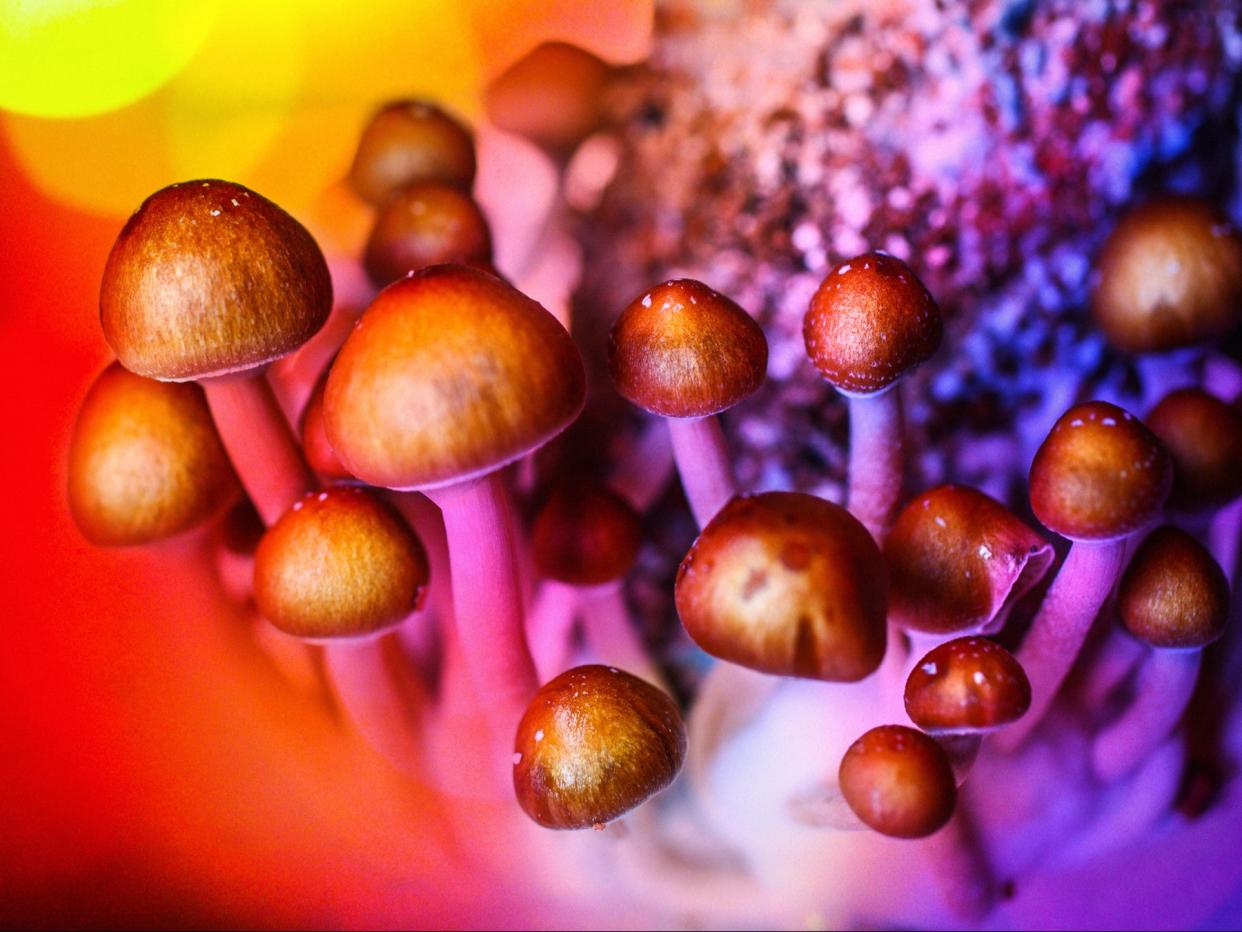The truth about magic mushrooms and depression

New research into the positive affects of magic mushrooms offers hope to those suffering from depression
(Getty Images/iStockphoto)One of the cruellest aspects of depression is the way it robs you of hope, so new research, which investigated the potential of psychedelics to treat depression, provides some much-needed hope. Psilocybin is the active ingredient given to the participants in this research, a substance also found in magic mushrooms.
Although several medications are currently used in the treatment of depression, some people with depression, unfortunately, don’t experience any benefit from them. Also, few new treatments for moderate to severe depression have been developed in recent years. This newly published research offers a potential new treatment option for this group.
There is a growing interest and significant investments being made to explore the use of psychedelics to treat mental health problems including depression. Much of what has been published in academic journals so far has been single case studies, which, while interesting, are of limited value when thinking about their effectiveness and safety were they to be used by a larger number of patients.
This trial included 59 people, while they all received psilocybin it was only some who received a therapeutic dose of 25mg compared to the others who received just 1mg of the drug. Importantly, this trial compared psilocybin with a commonly prescribed antidepressant escitalopram. Although the researchers found no statistical difference between the two groups in terms of effectiveness, they did find that those who had received the therapeutic dose were less likely to relapse to their previous state of depression. Another important improvement was in how clearly these individuals could think.
Cognitive clarity is critical but often compromised for people experiencing depression. So, while all the National Institute for Health and Care Excellence guidance recommends that antidepressants be used in parallel with talking therapy, counselling is clearly compromised by the dulling cognitive functioning caused by depression, particularly severe forms of depression.
The importance of talking therapies like cognitive behavioural therapy often gets overshadowed by new pharmacological treatments. Its also worth noting that even if psychedelics were to be offered more widely, they would need to be accompanied by counselling. That could prove to be problematic given the waiting times there are to access these type of mental health services. Although those with the means are able to circumvent this by funding private counselling, this, unfortunately, adds inequality, with more affluent peers having access to wider treatments.
This trial was also largely populated by men, leaving us with little intelligence on how effective or not this type of therapy would be for women. Hopefully, this gender imbalance can be addressed in future trials, particularly as it is women who are more likely to report and experience depression.
A common adverse effect of antidepressants is sexual dysfunction experienced by men and women who take them. This can include an inability to be aroused and experience an orgasm. Little wonder that many people decide to discontinue these medications. A promising and potentially important finding in this psilocybin study was that fewer people reported sexual dysfunction issues. In addition to improving mood, this could also improve adherence to treatment not to mention reducing relationship problems.
Perhaps the greatest barrier to realising the potential of psychedelics is the decades of propaganda that paint these drugs as dangerous illegal substances that have the ability to irreversibly damage the brain. Some patients may be put off taking psilocybin medications, even in carefully controlled conditions and with professional support, now that really would be depressing.
Read More
Greensill: ‘All decisions taken by the bank were made independently’, minister says
What if Theresa May had kept Johnson out and brought Gove in?
Is the world ready for Prince Harry’s awkward family reunion?

